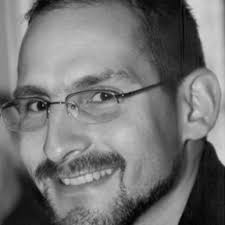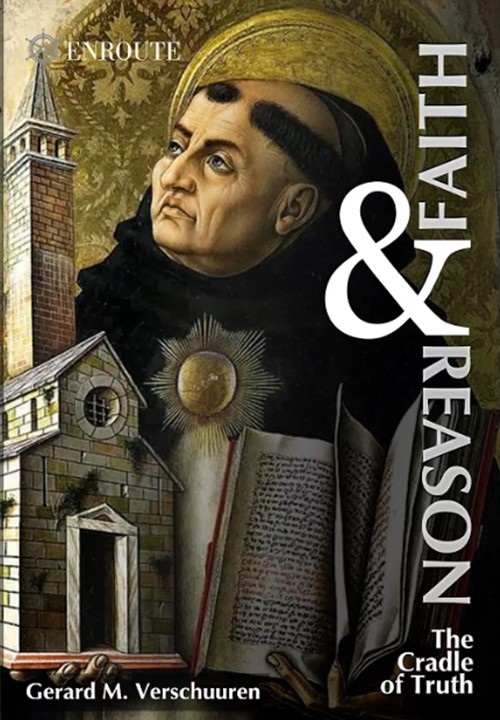Summary
Of course, it’s a caricature, but a very popular one. We all have heard what some people think about religious believers. On weekdays, they are critical, want proofs, look for arguments, and believe something only if there is no further doubt. Then, on Sundays, they turn a switch, set their understanding to zero and their gaze on infinity; they need no proofs, they open their mouths and swallow revealed truths and absurd dogmas. The contrast painted here is clear: Religious believers live a schizophrenic life. It is the life of reason on weekdays and the life of faith on Sundays.
The underlying message is also clear: Reason is objective, scientific, and verifiable, while faith is subjective, personal, and irrational, even bordering on mania or madness—they just can’t go together. This perceived contrast cannot be true, though. It is based on distorted and shallow concepts of faith, reason, and the differences between the two, as we will see in this book.
On the one hand, we can’t be asked to accept in faith what we can’t understand, can we? God gave us brains and expects us to use them to understand even the mysteries of faith, to the extent such understanding is possible. So faith must have something to do with reason.
On the other hand, we can’t be asked to put all faith aside either, can we? Reason itself depends on faith: faith in our senses, faith in our intellect, faith in our memories, and faith in what others have discovered. Besides, there is more to life than reason. Faith can cover issues that science and rationality are inherently incapable of addressing, but that are nevertheless entirely real. Seen this way, faith provides answers to questions that would otherwise be unanswerable. So reason must have something to do with faith.
This means that “weekdays” and “Sundays” cannot be disconnected from each other, as the caricature suggests. They should be in close harmony—the harmony of faith and reason. The philosopher Peter Kreeft uses the following analogy: “Walking to the beach is like reason and swimming is like faith. You have to go to the place where you can swim before you can swim. And you have to go to the place where you can believe before you can believe.” In other words, reason takes us to the water so we can swim in faith. But while swimming, every once in a while, we need to go back to the beach of reason to get our footing back. That’s the “back-and-forth” of faith and reason.
| |
|
Reviews

| "This book is not a moment too soon. One of the signs of our times has to be the displacement of both faith and reason by a tyranny of the emotive. Truth is no longer found at the intersection of faith and reason but is now located in vague, individual sentiment. The way out of this cultural morass is for clear minds and holy hearts to lead the way. Gerard Verschuuren has proven himself to be such a guide in this important book."
— Fr. Joseph M. Gile, S.T.D.
Dean of Graduate Studies and Adult and Continuing Education
Newman University, Wichita, KS
|

| "If you are searching for a Catholic book on the link between philosophy and theology that you can actually understand, look no further. Faith and Reason is a clearly written exposition and defense of man's ability to know God and his creation. Gerard Verschuuren sets forth a truly Catholic appreciation of our place in the universe: man is a free, rational creature with an eternal destiny. His reasoning power allows him to understand who he is, who God is and to discover that the embrace of God by the act of faith is the fulfillment of our being and of every true and good desire in the human heart."
— Fr. Gerald E. Murray, J.C.D.
Pastor of Holy Family Church in New York City, NY
Commentator for religion on EWTN and Fox News
|

| "It's very well written and argued."
— Dr. Sebastian Mahfood, OP
Professor at Holy Apostles College & Seminary in Cromwell, CT
|

|
|
|



5. DOGMATIC THEOLOGY a. Trinity b. Incarnation c. Providence d. Suffering e. Salvation f. Predestination g. Dogma 6. MORALITY AND REASON a. The Basis of Morality b. The Natural Law c. Moral Law Essentials 7. MORALITY AND FAITH a. Faith, not Science b. From Heaven c. Moral Conscience d. Moral Blindness 8. SCIENCE AND REASON a. Inductive Reasoning b. Deductive Reasoning c. The Problem of Causality 9. SCIENCE AND FAITH a. Against Scientism b. Faith as the Cradle of Science c. The Catholic Roots of Science 10. INDEX



